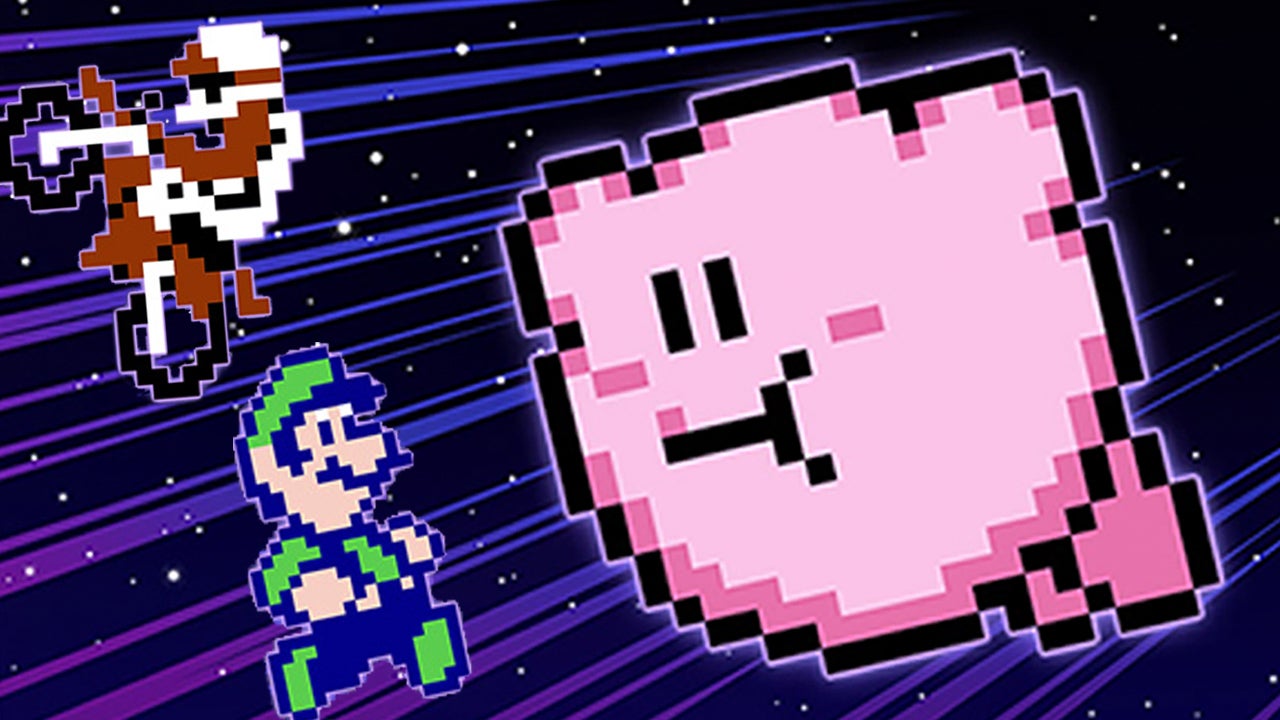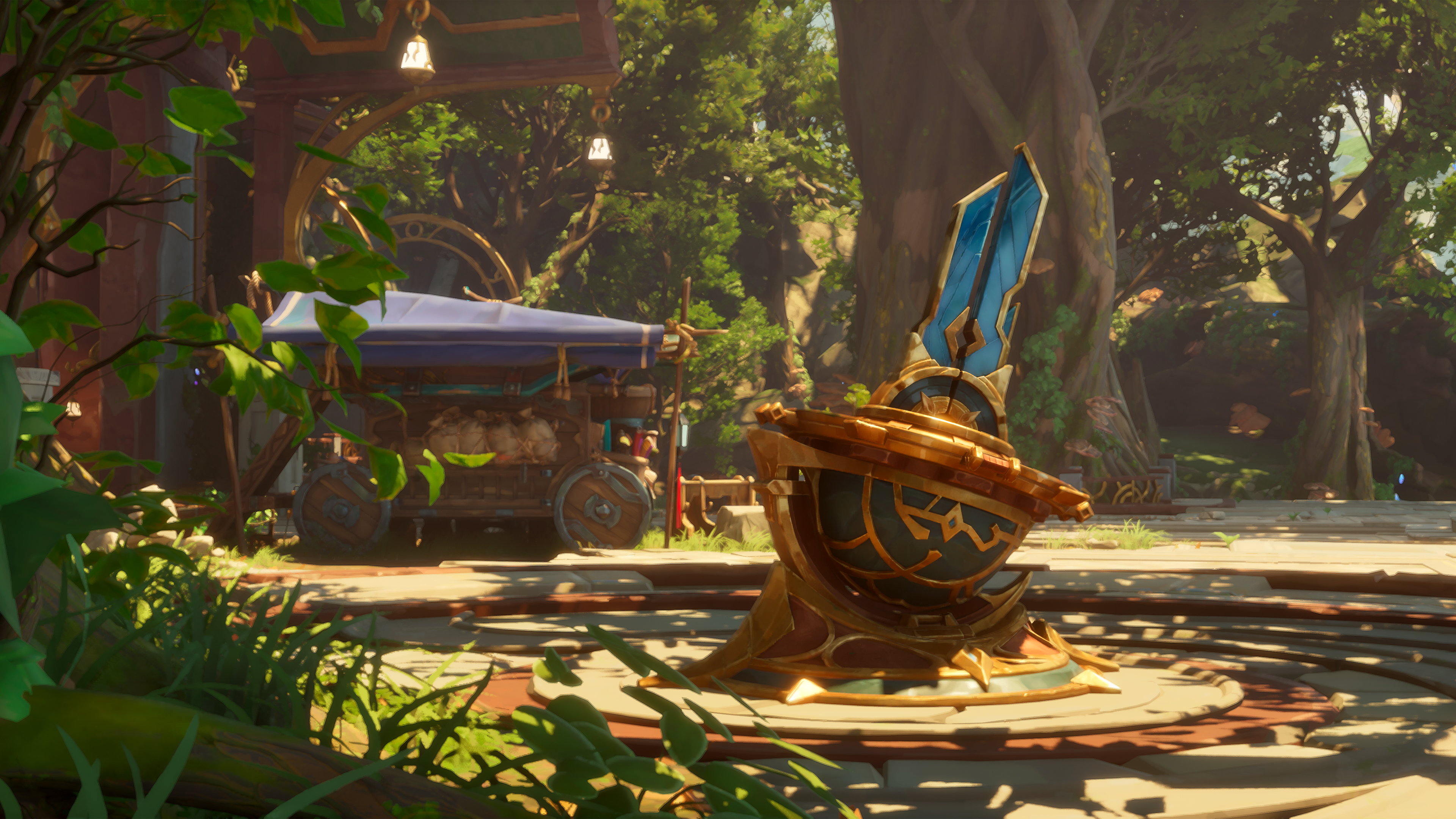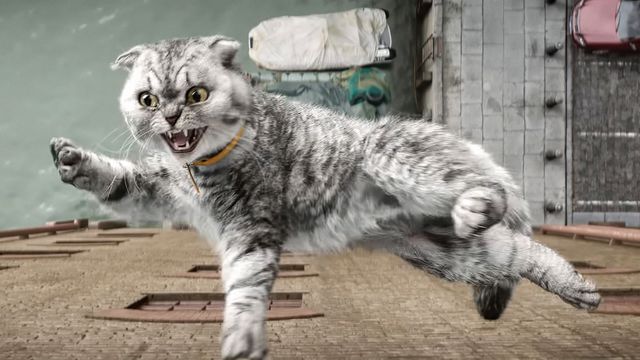How quickly can you get that very first mushroom in Super Mario Bros. World 1-1? I’m talking down to the millisecond. Shaving off each mushroomy-millisecond, or tackling similarly bite-sized challenges like killing four Oktoroks on a single screen of The Legend of Zelda or leaping to the top of an alien-infested shaft in Metroid, is the most fun I’ve had in Nintendo World Championships: NES Edition, which once again remixes the legendary 1980s library. Unlike WarioWare, NES Remix, and Super Mario 99, though, this time it’s solely focused on speedrunning, and though lacking in challenge variety, it’s still a fun to play these old games in a new way.
The challenges range from short – such as beating the entire first level of Super Mario Bros – to shorter, and surprisingly the shortest ones are the best. You are ranked on a scale and rewarded with letter grades for the slightest of gains, so repeating the three jumps it takes to collapse boss Wendy O. Koopa into her candy shell in Super Mario Bros. 3 can be reduced to a series of twitchy arcs, mesmerizingly burned into your eyeballs and muscle memory, repeated endlessly to get that precious S rank. It’s fun to challenge yourself, especially knowing that you’re developing skills that can be tested online against others.
That beautiful precision of Mario’s jump (but not Luigi’s, in both versions of Super Mario Bros. 2) lends itself to speedruns. So, in a different way, do Link’s squat little jabs on The Legend of Zelda’s mathematically rigid, grid-based layout that allow you to race through a dungeon by finding just the right path to swat each enemy before moving on. The best games allow for methodical refinement through repetition.
On the other hand, there’s Kirby: the slowest, least-maneuverable blob Nintendo has invented; well, besides maybe the Ice Climber or Balloon Fight Guy. All three of them are here, and while the speedruns based around these characters aren’t hard, per se, they just aren’t as fun to repeat. Movements are imprecise and make you feel sloppy – not ideal for an aspiring speedrunner, and that means refining skills in those games is tedious. Thankfully, some of the stinkers like Balloon Fight and Ice Climbers have very few challenges to overcome, so they aren’t much of an obstacle to 100%-ing Nintendo World Championships. However, Kirby’s Adventure, inexplicably, has the most of any game in this collection save SMB3, as if it is some sort of speedrunning icon we should all be aspiring to conquer. It simply is not.
The biggest impediment to aspiring speedrunners in Nintendo World Championships is the Switch’s Joy-Con controllers. NES games require precision button presses, and the lag-free Switch handheld mode should be a perfect match (turn on your lag-free Game Mode on that TV when docked!) but the Joy-Cons’ terrible analog sticks, A and B button placement, and whatever those not-a-D-pad buttons are supposed to be, render Nintendo World Championships’ challenges all but unplayable on an out-of-the-box Switch. A clean pair of jumps up that blocky pyramid at the end of Super Mario Bros. World 1-1 at mach speed with the Joy-Con is either impossible, or so unlikely I’ve yet to pull it off once. They simply do not respond to the quickness or accuracy of button pressing the way you need. Luckily, a Pro Controller or other respectable third-party gamepad solves these issues, although the analog stick is still much better than the not-a-D-pad on the Pro. Perhaps the NES controller accessory is the best and most authentic way to play these NES-based games, but I haven’t been able to test it, and the Pro served me well enough.
The meta goal of Nintendo World Championships is to unlock large grids of things through your speedrun scores and online victories. You can unlock more microgames (there are 156 in total) and cosmetics like pins and pixelated avatars which appear alongside your character in multiplayer. Unlocking everything in a single game’s category unlocks a Legendary challenge, which range from beating an entire dungeon in Kid Icarus or Zelda II, to just straight up beating Super Mario Bros., top to bottom.
Now, beating Super Mario Bros., even taking it slow, is no small feat – World 8-3 and 8-4 are difficult levels by yesterday’s and today’s standards. But in Nintendo World Championships' runs, dying only sends you back a few seconds to try again. Even though you lose precious time, you won’t need to replay from the start to complete a run – and if you fail to zoom under Bowser’s weird little feet in the end of World 8-4 on the first attempt, you can try again and likely still get the grade you were going for. In this way, I was able to brute force completion of every mission, allowing me to unlock everything and pick and choose what I wanted to replay and refine. I did, however, have to grind for a few minutes occasionally in the online modes to get all the points I needed to unlock every offline microgame quickly (I unlocked and played all 156 in about four hours), and you should be aware that anyone without the required Nintendo Online subscription won’t have access to the online modes (which are some of the fastest point gains) and will have to grind by repeating microgames offline instead.
Speaking of online modes, there are two: World Championship and Survival Mode. World Championship selects five microgames once a week, giving you seven days to submit your best time across them. The times are ranked world-wide and by your birth year, which sure is amusing – I feel better being judged against my OG NES gamer peers and not the hot new child prodigies with superhuman reflexes. It’s fun to log your best scores, but I wish it would show me what the current leaderboards look like rather than holding them until the end. Competing against a black box (and not being able to watch competitors until after the challenge week concludes) seriously dampens the thrill.
Meanwhile, Survival Mode is an elimination round that has you playing against the ghost data of other players – basically previously recorded videos of other players that happen on your screen at the same time you’re playing – that you have to best to proceed. The three rounds are always made up of the same games (in alternating orders) that, you guessed it, refresh weekly. This weekly cycle seems oddly limiting – in this competition you at least get results immediately, but after you play the two weekly Survival Mode challenges, all that’s left to do is play them again for points to spend on unlocking items.
If online modes are a bit stunted by the weekly waits for leaderboards and new challenges, at least the couch competitive mode that allows for up to eight players (sorry anyone stuck with sideways Joy-Cons!) has more immediately accessible content at the ready. In this mode you can compete on one-off games or pre-packaged sets of microgames where points are doled out and a victor declared at the end. The main issue with these is, like in multiplayer WarioWare or Mario Party minigames, those who have practiced the microgames ahead of time will inevitably have a leg up. So inviting seven friends over to watch you win every time is a party foul until they catch up – it’s unlikely that anyone will get the exact pattern right to kill four Oktoroks in the most efficient manner possible on some random The Legend of Zelda screen without having practiced. Luckily, you can choose to practice each microgame as the competition proceeds.





